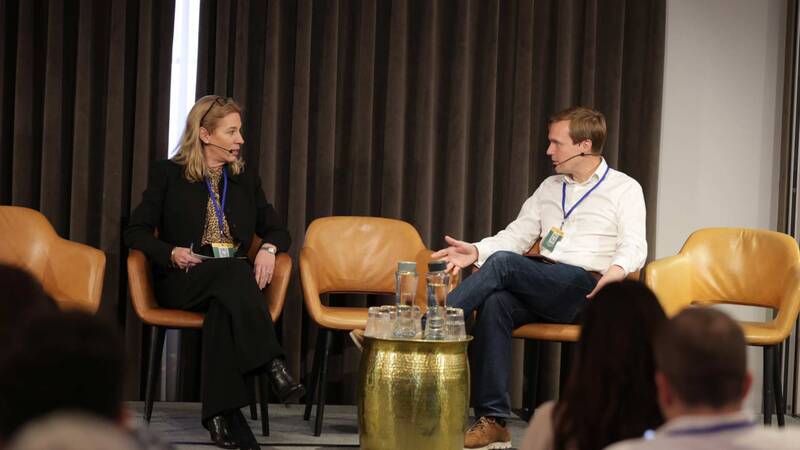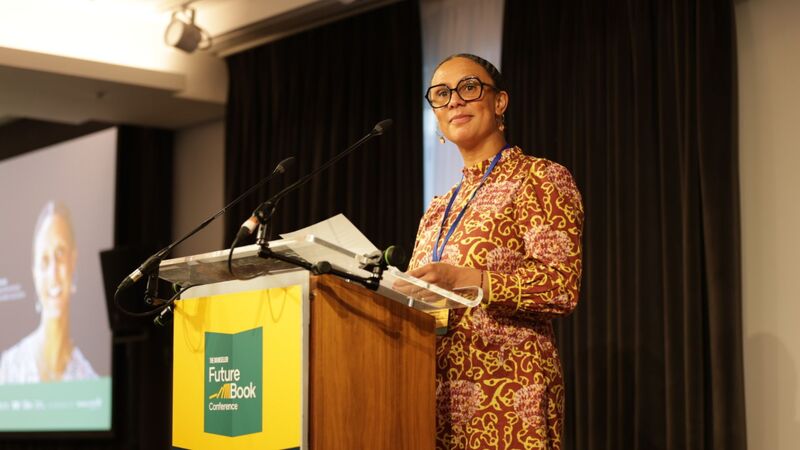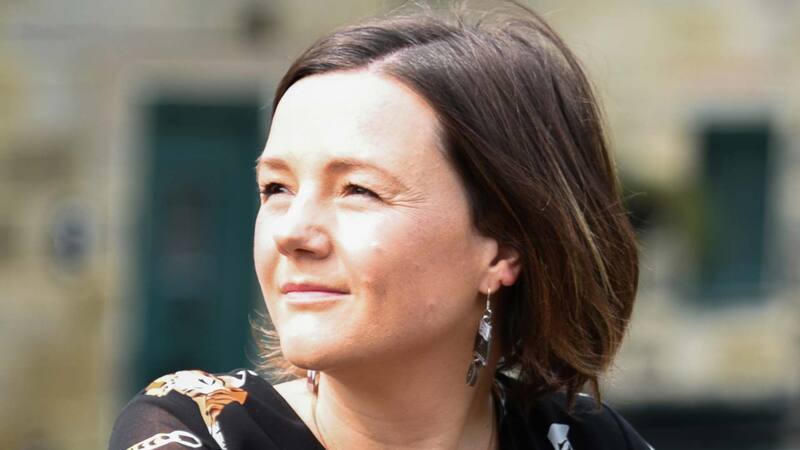You are viewing your 1 free article this month. Login to read more articles.
Government pushes crowdfunding to cultural organisations
The government is to pilot a crowdfunding scheme to promote use of the model by cultural organisations, and establish a virtual "Commercial Academy for Culture" to promote commercial expertise in the cultural sectors.
There will also be a "tailored review" of Arts Council England to consider how it carries out its role.
The measures are among those contained in the government's first white paper on culture for 50 years, setting out its strategy for the cultural sectors.
While wide-ranging, two themes in the white paper are notable: a push on diversity and another on securing funding from other sources than public money.
Noting the social value of culture in bringing benefits to health, education and community cohesion, the government gives a clear direction that all publicly funded arts organisations must prioritise outreach to diverse communities. "We are challenging arts and cultural organisations to work even harder to make sure the most disadvantaged in society have greater opportunities to access culture. We will work with Arts Council England [ACE] to ensure that every single cultural organisation that receives taxpayers' money contributes to fulfilling this duty. And they will report on progress made," says the white paper.
There will also be support for programmes which ensure that offenders and people at risk of becoming involved in crime "continue to benefit from cultural opportunities" through partners including Arts Council England and the Heritage Lottery Fund; a new "Cultural Citizens" programme "to create new cultural opportunities for thousands of young people from disadvantaged backgrounds"; and a new Events Industry Board to "enable us to make more of the opportunities offered by festivals and major cultural events [which] are a major draw for visitors."
However the white paper indicates that the financial future for arts organisations may be tough. "Cultural organisations need to ensure that every pound of public investment goes as far as possible," it warns. "They must also think more broadly how they will adapt their business models and financial strategies to deal with potential challenges to funding."
Crowdfunding is presented as a promising option, with the government set to launch a new pilot scheme in partnership with ACE, the Heritage Lottery Fund and the National Endowment for Science, Technology and the Arts, "to explore the opportunities for matched crowdfunding as an innovative way of funding cultural projects and to build the evidence base to support the growth of this method of fundraising."
The new Commercial Academy for Culture will help the organisations "increase their knowledge of business models, improve their 'investment' readiness through strong planning skills, and better communicate their value to potential investors."
Meanwhile ACE has commissioned a new Private Investment Survey to provide an updated overview of private investment in England's cultural sectors.
A "tailored review" of ACE and the Heritage Lottery Fund will take place in 2016/17 to "consider how they carry our their role in supporting the cultural sectors."
The white paper notes that "public libraries are an important part of our local communities" but gives the subject just two paragraphs in the paper. "The Leadership for Libraries Taskforce in putting in place measures to support and reinvigorate the public library service in England," it notes, saying: "The government is working with the Taskforce to develop a shared vision for public libraries in England that will provide direction and purpose for the service by highlighting existing good practice and providing collaborative ambition in support of libraries."



















